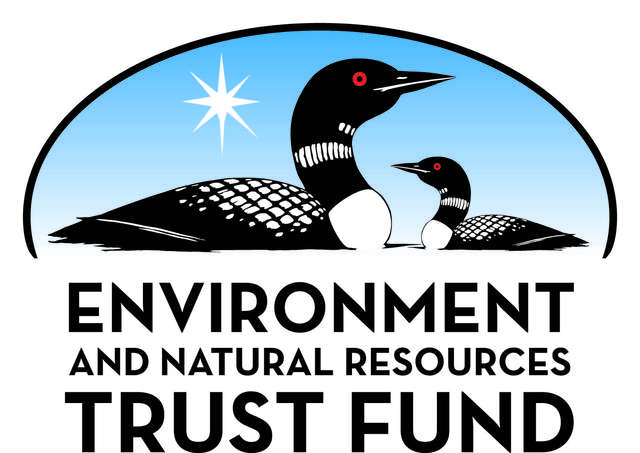Top > In the News... > NSTA Members: Article
posted on 11:14 AM, October 25, 2024
NSTA members, look for this article: "Cultivating Teachers’ Indigenous Knowledge Through Explorations of Milkweed and Phenology," in the current issue of The Science Teacher journal. It was written by Minnesota authors Hillary Baron, Emily Mohl, and Michele Koomen.
Then, check out Hillary’s presentation on Indigenous Science Knowledge at MnCOSE!
(Membership Required)
By Hillary Barron, Emily Mohl, Michele Koomen
Providing more equitable pedagogies to all students, including those who are traditionally underrepresented, is a high priority of science education. In this paper, we outline how we coupled Indigenous Ways of Knowing with investigations about plant phenology, or the timing of plant development, a trait that is expected to shift with a warming climate. We paired the investigations with lessons that allow secondary students the opportunity to explore the cultural significance of common milkweed (Asclepias syriaca), a host plant for the iconic and threatened monarch butterfly (Danaus plexippus). In our teaching, we specifically investigate the effect of milkweed phenology, or the timing of development, on species interactions. From teaching students in a variety of contexts about milkweed phenology and species interactions, we have learned that the topic is engaging and accessible to many students. We find that coupling inquiry with explorations of the cultural significance of milkweed deepens students learning and generates opportunities to compare Indigenous Ways of Knowing and Western Science and to learn how they can work together to assess the impacts of climate change.









 Minnesota science teachers should know about:
Minnesota science teachers should know about: